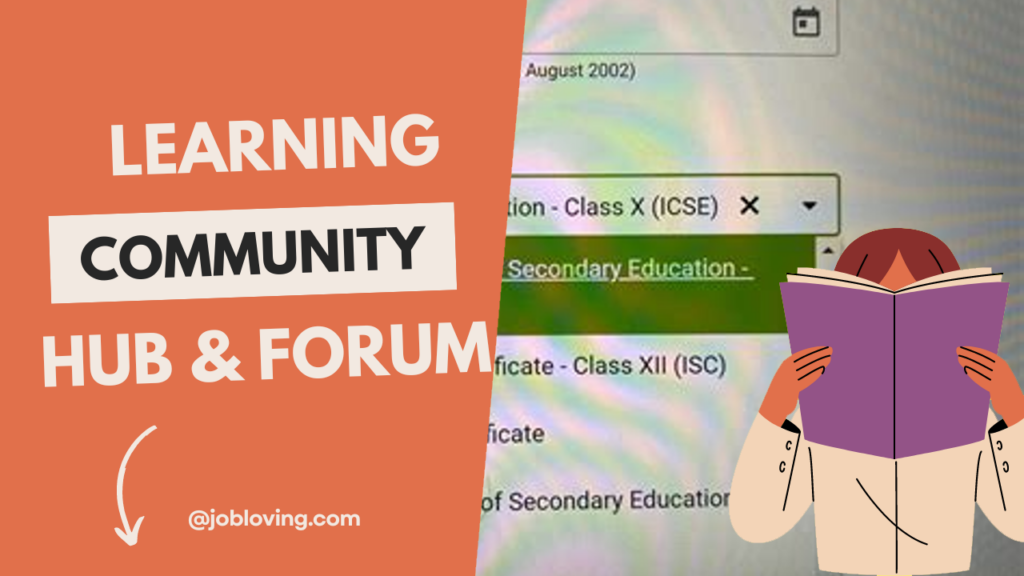Are you ready to dive into the world of education in Bangladesh? You might have heard of the *SSC* exam, but have you ever wondered what it really entails? This significant milestone marks the end of secondary education, but there’s a bit more to the story than just exam papers and nervous teenagers!
The Short Answer: The SSC exam is a nationwide assessment that signals the completion of secondary education in Bangladesh.
Here’s the scoop: the Secondary School Certificate (SSC) exam serves as a crucial benchmark for students exiting secondary school in Bangladesh. Conducted under the supervision of several education boards—such as the Dhaka, Chittagong, Rajshahi, and Barisal Boards, among others—this national-level public examination is vital for students aspiring to further their education. Successfully passing this exam opens up pathways to higher studies, be it college or vocational training! Each board organizes the exam based on its own set of regulations and curriculum, adding an extra sprinkle of variety to how students prepare and perform.
In summary, the SSC exam is more than just an assessment. It’s a rite of passage for many young minds stepping into adulthood and shaping their futures! If you want to know more about this engaging part of the Bangladeshi education system, or if you have any burning questions, don’t hesitate to join the JobLoving community for a treasure trove of resources!
Key takeaways about senior secondary leaving examinations in Bangladesh
Overview of SSC Examination
- SSC is a national-level public examination marking the end of secondary education in Bangladesh.
- Conducted by various educational boards, including Dhaka, Chittagong, and Rajshahi, among others.
- The SSC exam holds significant weight in the educational system, affecting future academic opportunities.
- Students receive their SSC certification upon clearing both parts of the examination in Bangladesh.
- Senior secondary examinations in Bangladesh are crucial for high school graduation and future opportunities.
- The examinations are regulated by the Dhaka Education Board and other regional boards across Bangladesh.
Curriculum and Assessment Structure
- Core subjects include Bangla, English, Mathematics, ICT, Religion, and Moral Education for all students.
- Students select additional subjects based on their chosen stream: Science, Humanities, or Commerce.
- Students typically take multiple subjects during these examinations, often up to 16 different subjects.
- The examination process includes multiple assessments, ensuring comprehensive evaluation of student capabilities.
- The format of examinations often includes written tests, practical assessments, and oral evaluations.
- Senior secondary examinations follow a standardized curriculum, ensuring uniformity across educational institutions.
Impact on Academic and Career Paths
- The exam determines eligibility for higher secondary education, significantly impacting students’ academic futures.
- Top-performing students can apply to prestigious institutions, facing intense competition for admission.
- Post-SSC choices heavily influence career paths, whether in professional or academic disciplines.
- High performance in these exams significantly influences students’ university admission prospects and career paths.
- The examinations assess students’ knowledge and skills accumulated throughout their secondary education years.
- Successful candidates often receive scholarships to pursue higher education both locally and abroad.
Challenges and Societal Influence
- The pressure to excel in these exams can lead to significant stress and mental health issues.
- Students prepare rigorously for these exams, often attending coaching classes and study groups.
- Results are typically announced publicly, creating a competitive environment among students and schools.
- Parents often play an active role in their children’s preparation for senior secondary examinations.
- The significance of these exams extends beyond academics, influencing societal perceptions of success and achievement.
- Educational reforms in Bangladesh aim to improve examination quality and reduce rote memorization practices.

